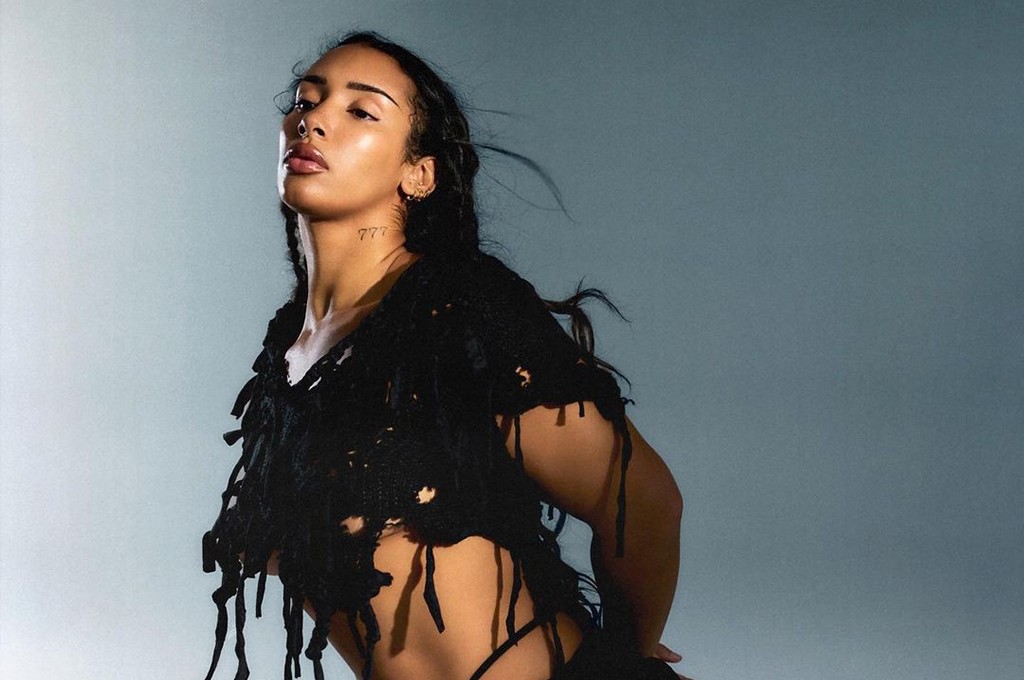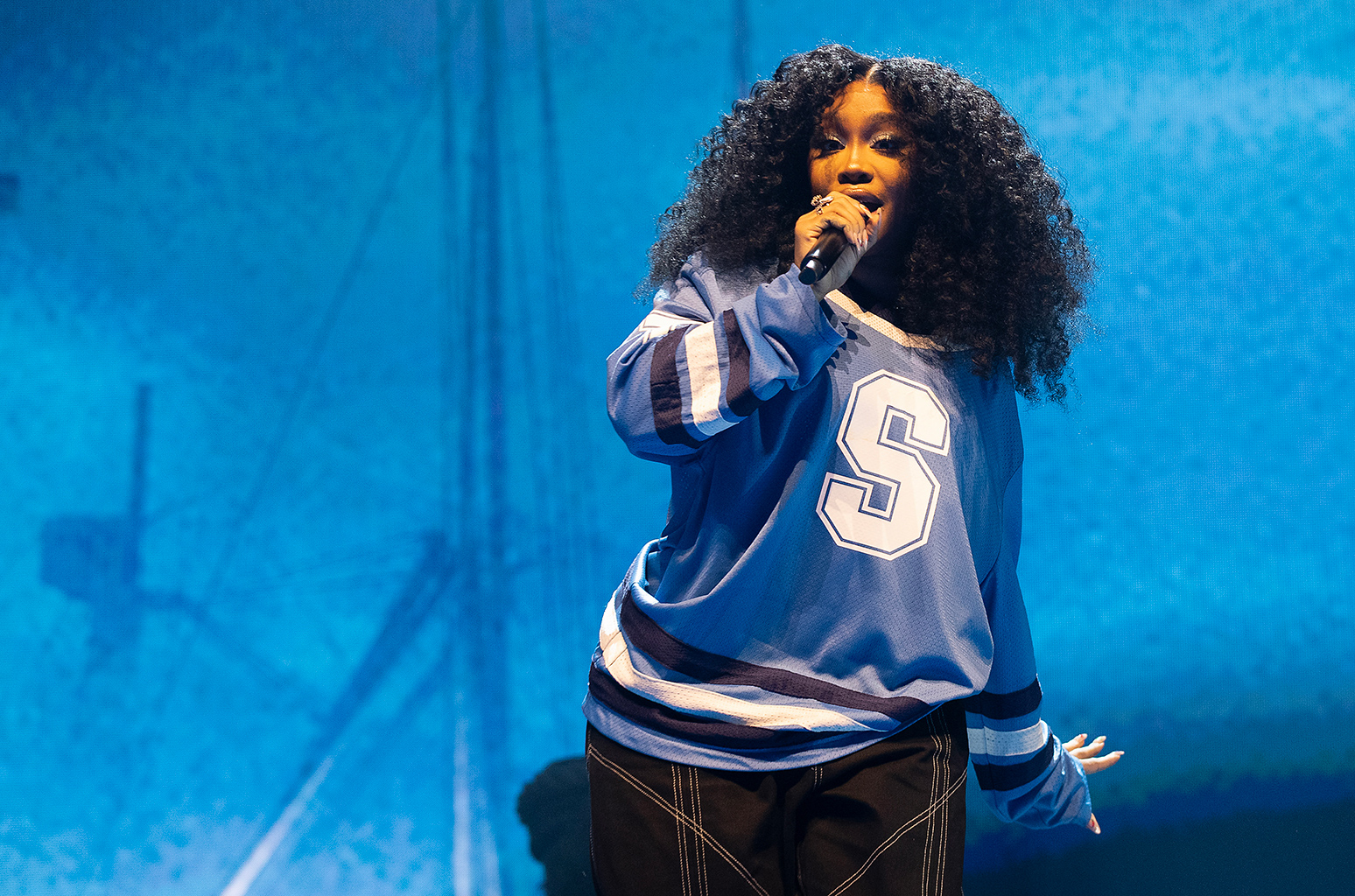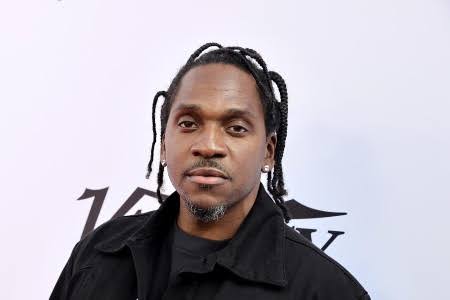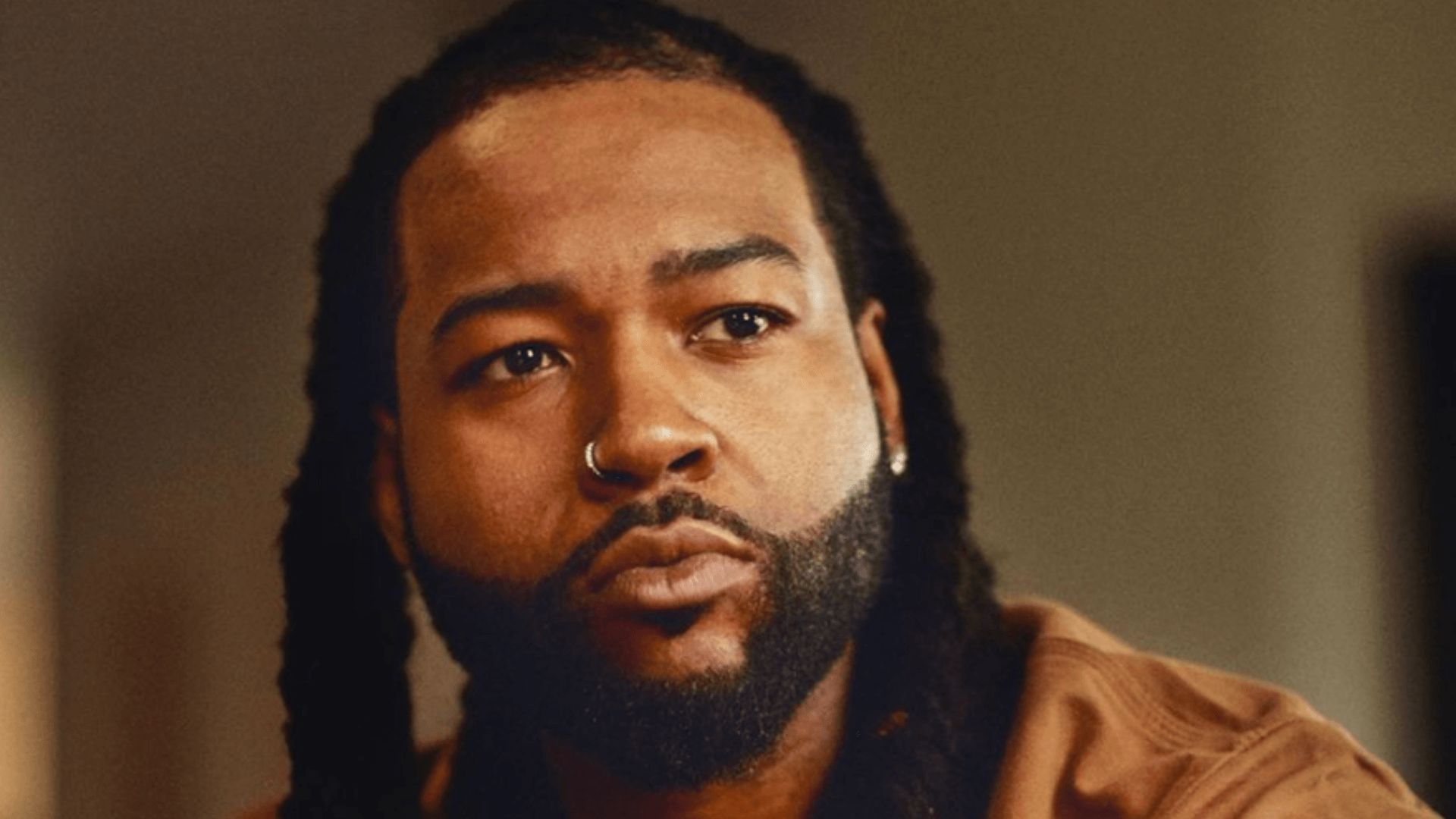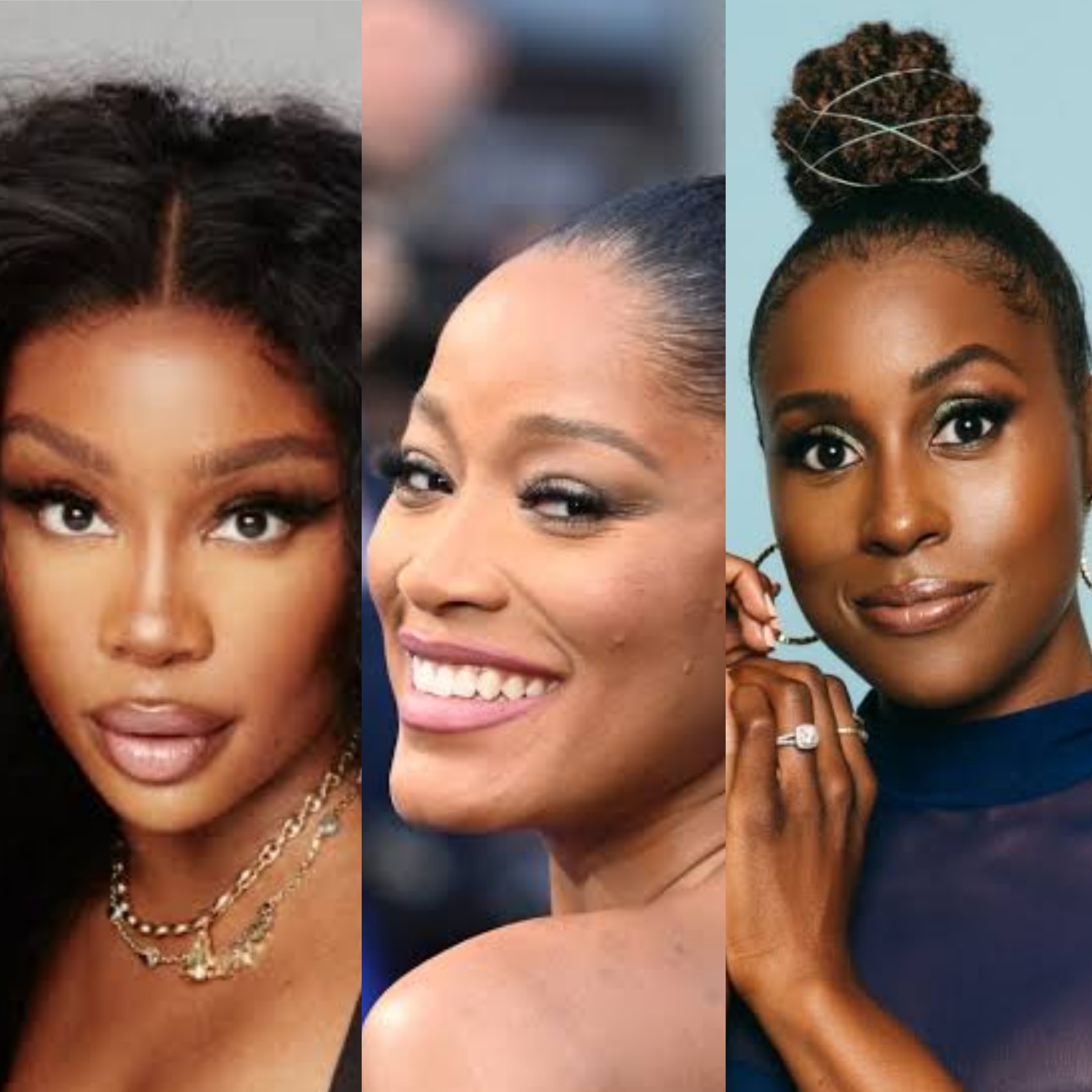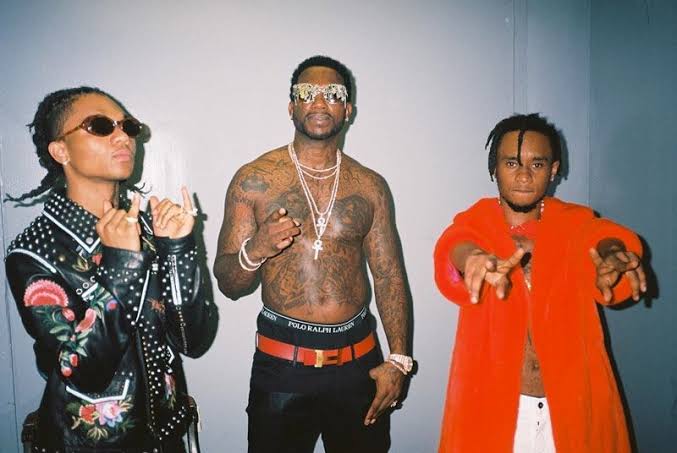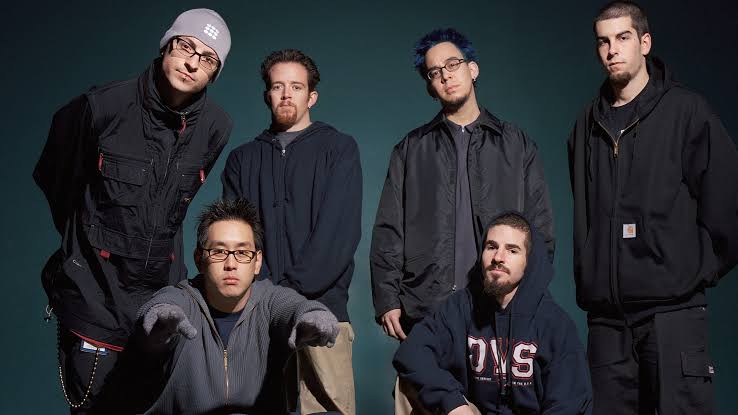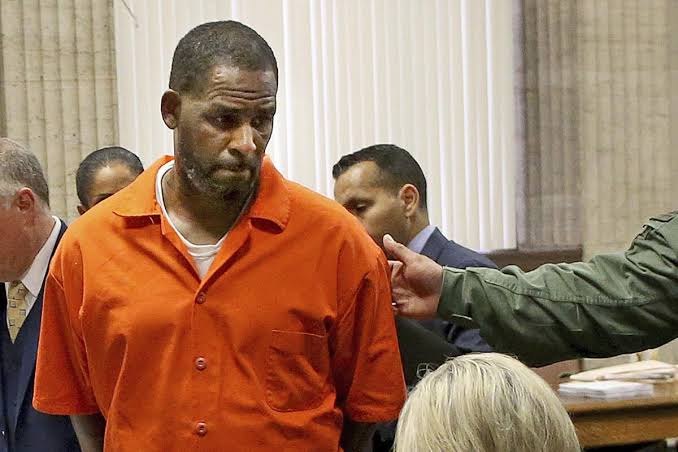Best 20 80s Movies

- 20. Do the Right Thing (1989)
- 19. Field of Dreams (1989)
- 18. Who Framed Roger Rabbit (1988)
- 17. Wings of Desire (1987)
- 16. The Last Emperor (1987)
- 15. The Untouchables (1987)
- 14. Blue Velvet (1986)
- 13. Platoon (1986)
- 12. Back to the Future (1985)
- 11. Brazil (1985)
- 10. Ran (1985)
- 9. Amadeus (1984)
- 8. Once Upon a Time in America (1984)
- 7. Tootsie (1982)
- 6. E.T. the Extra-Terrestrial (1982)
- 5. Raiders of the Lost Ark (1981)
- 4. Ordinary People (1980)
- 3. The Shining (1980)
- 2. Airplane! (1980)
- 1. Raging Bull (1980)
Hollywood studios granted free reign to daring young directors in the 1970s, ushering in a new cinematic era. After being scorched by the excesses and high-profile mishaps of the 1970s, the studios retook control in the 1980s and began producing safe, dependable products on an assembly line. But you cannot stifle creative thinking. Despite the restrictions and studio-mandated box office targets, many great films were produced, including several that excelled by reimagining time-honored genres and stereotypes.
These great films are what we are here for. So many of them were produced in the 80s, but we have painstakingly handpicked those we believe are the best twenty of them, judging from a few yardsticks that include having a solid plot, incredible acting, and quality production, even for that era. We’ll climb to the top from the last rung on the ladder.
20. Do the Right Thing (1989)
Few things are as widely accepted as the idea that Spike Lee was denied the Oscar the year his fiery film about racial tensions on a hot Brooklyn day competed with the uninteresting Driving Miss Daisy. This is a sensitive, angry, funny movie full of righteous wrath and cinematic intensity, from the explosive opening sequence of Rosie Perez dancing to Public Enemy to the very end.
19. Field of Dreams (1989)
Few people are aware that Phil Alden Robinson, who also directed Sneakers, wrote and directed this emotional classic, but everyone is familiar with its catchphrase: “If you build it, he will come.” In this touching tale of dads, sons, and America’s pastime, “it” is a baseball field; “he” is left up to the viewer to figure out.
18. Who Framed Roger Rabbit (1988)
Fascinated with modern technologies, Robert Zemeckis accomplished multiple miracles with this Chinatown-influenced detective noir narrative. The interaction between real people and animated characters was revolutionary and is still unparalleled in many aspects. It was an accomplishment in and of itself to secure cooperation from the numerous competing right-holders to include their characters—and we’re talking big-time characters, all the way up to Bugs Bunny and Mickey Mouse. It’s also a deliriously wacky comedy with inside gags and meta references.
17. Wings of Desire (1987)
A romantic fiction about angels and mortals falling in love, including Peter Falk as himself: a former angel who got tired of immortality and turned human. Although Wim Wenders’ rich, entrancing masterwork was redone in 1998 as City of Angels, the original still stands as a lovely, inventive, and sympathetic look at humans, with a sense of bittersweetness to the angels’ black-and-white perspective on things.
16. The Last Emperor (1987)
This remarkable history of China’s last emperor, shot mainly on location in Beijing’s breathtaking Forbidden City, was directed by Italian master Bernardo Bertolucci (Last Tango in Paris), who received an Oscar for Best Director. This fact alone is remarkable, as are the 19,000 extras in the movie. More significant, however, is Bertolucci’s fantastic talent for illuminating a whole people through the eyes of a single revered character.
15. The Untouchables (1987)
It would help if you had a filmmaker as brazen as Brian De Palma and a screenwriter as percussive as David Mamet to depict the explosive tale of Eliot Ness hunting criminal Al Capone. De Palma, like Scorsese, brought his talent for balletic violence with him from the 1970s, using it to craft a plot that gave Kevin Costner, Robert De Niro, and Sean Connery a chance to put on fantastic, testosterone-fueled performances.
14. Blue Velvet (1986)
Director David Lynch is in directing element in this shimmering nightmare about the seedy underbelly of suburbia, a mesmerizing horror-noir about a gullible young man (Kyle MacLachlan) who becomes involved with a nightclub singer (Isabella Rossellini) who is being tormented by a maniacal drug dealer (Dennis Hopper). One of the most dreadful villains (non-supernatural division) in movie history is Hopper, thanks to his acting.
13. Platoon (1986)
Around this time, a series of intense Vietnam movies were released, including Kubrick’s Full Metal Jacket, which could have just as quickly been included on this list. However, the semi-autobiographical nature of Oliver Stone’s film makes it stand out for accurately portraying war’s horrific, dehumanizing elements. Additionally, it has excellent work from Willem Dafoe and Tom Berenger and Charlie Sheen’s best performance (by a low standard).
12. Back to the Future (1985)
Another studio-produced film that defied the traditional mindset by being a near-perfect work of entertainment is being discussed here. The performances are all consistently engaging, the premise is intriguing, and the execution is zesty. There is no reason why this 80s film shouldn’t be called a masterpiece.
11. Brazil (1985)
Few things in Terry Gilliam’s grim, hilarious dystopian future are more memorable than the events leading up to the movie’s release. The film is full of unforgettable images and situations. But the efforts paid off, and Brazil eventually turned from a cult favorite to a genuine classic. Rarely has political satire been so inventive.
10. Ran (1985)
The brilliantly gloomy adaptation of King Lear by legendary director Akira Kurosawa, who is nearing the end of his career, is one of his greatest works. It’s a visually arresting reflection on war and greed, full of tragedy, brutality, and spectacle. Because of the more than 1400 handcrafted costumes and Kurosawa’s unsettling eye, the battle scenes are some of the most spectacular ever captured on film.
9. Amadeus (1984)
For his portrayal of the envious Salieri in this victorious, insightful portrait of the composer’s relationship with Mozart (Tom Hulce), F. Murray Abraham received an Oscar. The movie won Best Picture and is still regarded as one of the best depictions of artistic brilliance. It also serves as a grandly entertaining lesson in music appreciation.
8. Once Upon a Time in America (1984)
This epic gangster story starring Robert De Niro and James Woods was Italian “spaghetti Western” filmmaker Sergio Leone’s last movie; sadly, it was cut up for its initial distribution and bombed. However, the full 229-minute version finally caught the attention of critics for its expansive, brutal tale of greed that was presented with a poetic sensibility.
7. Tootsie (1982)
Since the beginning of filmmaking, cross-dressing has been a common plot device, but rarely has it been executed with the exacting satirical intent and razor-sharp humor of this Sydney Pollack comedy, in which struggling actor Dustin Hoffman wins a position on a soap opera by posing as a woman. Even if the gender politics of today would drastically alter this movie, its fundamental themes of sexism and humor remain relevant today.
6. E.T. the Extra-Terrestrial (1982)
This story of a boy and his alien friend became an instant sentimental classic. Spielberg’s sappiness would overpower him in duds like Always, but here he achieved the perfect balance of passion and nostalgia by giving it a bitter undercurrent (Elliott’s parents’ divorce, the final parting) to remind us that even the happiest memories frequently carry tinges of sorrow.
5. Raiders of the Lost Ark (1981)
Two other mavericks of the ’70s were Steven Spielberg and George Lucas, whose affectionate homage to the serialized movie adventures of their childhood is one of the best instances of producing a high-quality film while following the rules. They could have coasted to success if they had included an A-list actor (Harrison Ford) and those two A-list filmmakers (with Lucas serving as producer). Instead, they demonstrated that inventively designed popcorn entertainment is also possible.
4. Ordinary People (1980)
The heartbreaking tale of a family in distress following the murder of a son in Robert Reford’s directorial debut garnered him the sole competitive Oscar of his career (to date). It cemented his reputation as the newest popular actor who was possibly even better behind the camera. Ordinary People were surprised on several levels because of the serious acting chops of sitcom icons Mary Tyler Moore and Judd Hirsch.
3. The Shining (1980)
Many people, including Stephen King, didn’t enjoy Stanley Kubrick’s adaptation of his horror novel. However, moviegoers—especially Kubrick fans—found much to admire in the foreboding, peculiar, and horrifying tale of a man going stir-crazy at a remote hotel. The Shining is still one of the more unsettling depictions of a broken mind and one of the best films from the 80s decade.
2. Airplane! (1980)
The Zucker brothers or Jim Abrahams didn’t create the spoof genre, but they made Airplane! The best example. Even though the same crew’s 1984 entry is Top Secret! came in a close second, this lightning-fast cavalcade of slapstick, wordplay, and everything in between is still hilarious and the gold standard by which other spoofs are measured.
1. Raging Bull (1980)
One of those trailblazers from the 1970s, Martin Scorsese, opened the new decade with what many people believe to be the best work of his career: a black-and-white, fact-based account of a violent boxer (Robert De Niro, who won an Oscar for it). Although it didn’t perform well at the box office, which gave Scorsese some anxiety, it was praised by reviewers and organizations that bestow prizes. As a result, it is today regarded as one of the greatest boxing films ever made.
